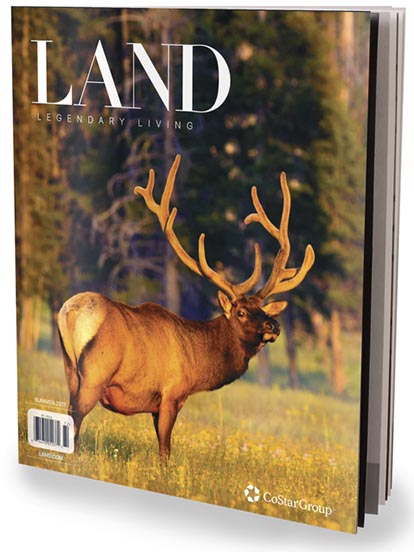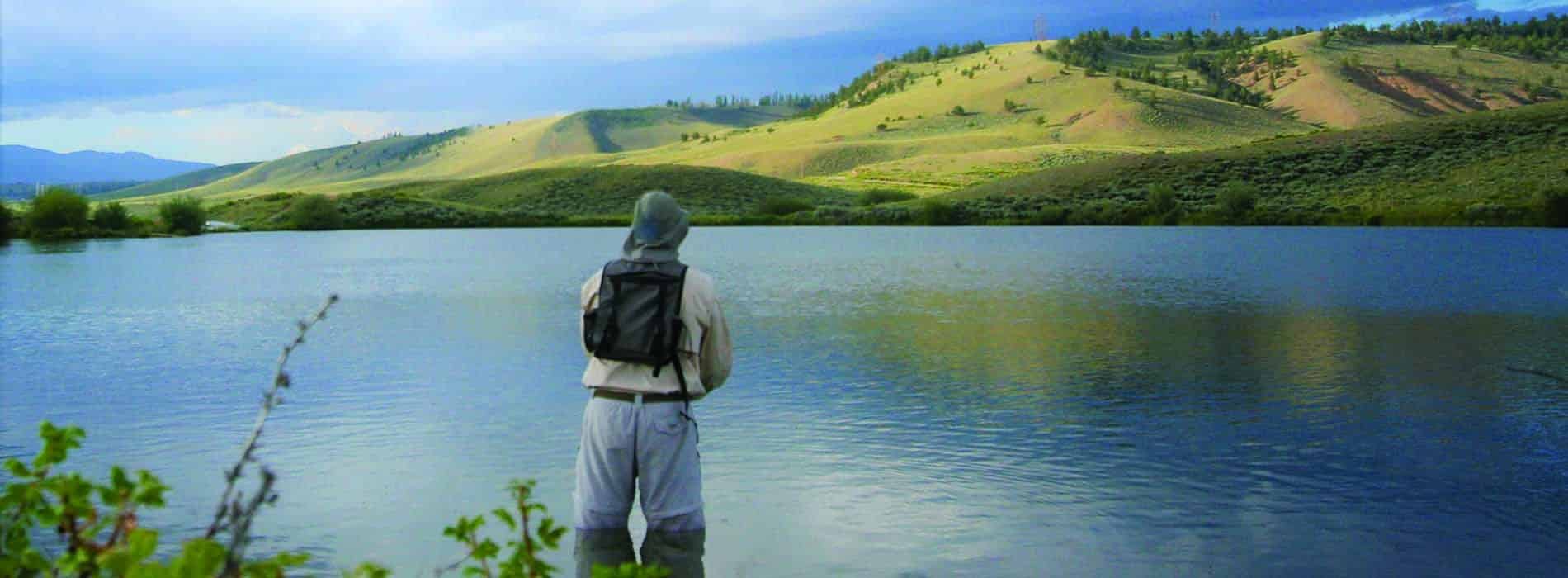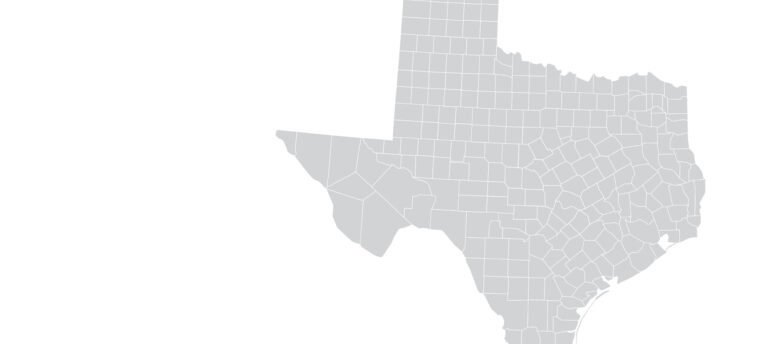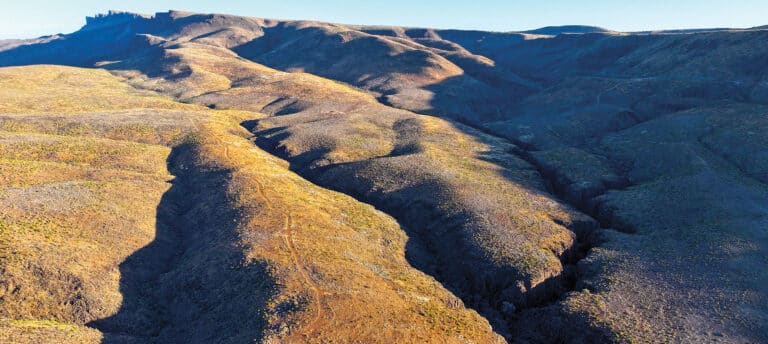
Through his respected research and work, socio-biologist E.O. Wilson claims that humans are hard-wired to want to connect to nature and to other living systems. This innate part of our DNA in undeniable, and even though our highly urbanized society has grown more distantly connected to wild things and wild places, us Americans value wildlife in deeper and broader ways than most other international cultures. The time and money that Americans invest in pursuit of wildlife-based recreation create huge economies and these values have also shaped the financial engine that fuels our country’s successful wildlife conservation model. These societal values also present opportunities for enterprising individuals to capitalize on the natural resource base that is found on private lands across the U.S. Wildlife-based recreation, for the spirit of this discussion, is often broken into two general categories, consumptive and non-consumptive.
Consumptive wildlife-based recreation
Hunting: Though the percentage of Americans that hunt have dwindled to less than 10 percent of our total population, hunting continues to create huge economies across many areas of the country. Relatively inexpensive hunting options exist on state and federal lands, but for those hunters who are willing to spend the extra money, some of the higher quality hunting opportunities are to be found on private lands, where wildlife resources can often be managed a bit tighter than on public lands. Free-enterprise markets often incentivize private landowners to re-invest into their natural resource base which translates into healthy private lands stewardship. Game species vary across the country and this often shapes the options that are available to the landowner.
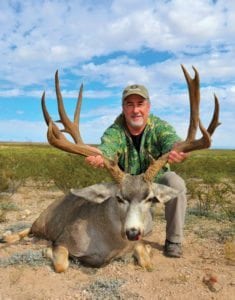
Fishing: The percentage of fishermen in the U.S. exceed hunter numbers by almost 300 percent, making this a huge market for business people in the fishing industry. Historically, most of the fishing participation in this country have taken place on public waters, but recent years have seen more emphasis being placed on pond and stream management on private lands, which in turn helps foster an increased appetite from fishermen who are seeking opportunities for quality fishing that’s not always conveniently available on the more crowded public waters. Certain degrees of catch and release requirements allow landowners “re-cycle” the resource, which reduces the risk of over-utilization of their fisheries, while still being able to provide robust user-opportunity. Though fishing is simply the aquatic form of hunting, fishing does seem to be more broadly accepted and supported by society than hunting, which partially explains the greater participation in fishing, as opposed to hunting. Further, with less costs often associated with fishing, this recreational option often appeals to a larger market than hunting.
Have your own wildlife business-related question? Ask Greg here!
Read more: How to Manage Hunters and Guests on Your Land
Non-consumption wildlife-based recreation
For the sake of this discussion, we’ll simply lump non-consumptive wildlife-based recreation into categories described as wildlife-watching and wildlife photography. The number of participants that fall into both categories is huge, with an estimated 72 million Americans who consider themselves to be wildlife-watchers; this is almost double the number of hunters and fishermen. Wildlife photography is somewhat of a subset of wildlife-watching and this market of outdoor enthusiasts tend to be more inclined to spend greater sums of money in pursuing their recreational pleasure than those who are simply wildlife-watchers. Like fishing, wildlife-watching and wildlife photography has historically been a popular recreational activity on public lands, and though there is a growing industry where these recreationalists are paying to have access to private lands for these non-consumptive outdoor activities, these markets simply have not developed to the extent that is found with similar hunting and fishing markets. The few private landowners who have done well with these types of fee-based programs are often those who offer extra-ordinary circumstances such as an opportunity to view an endangered species, as well as some operations that offer nice amenities and full-service features. Only time will tell if wildlife-watchers and wildlife photographers will someday be willing to pay similar fees that hunters and fishermen are willing to pay in order to gain access to private lands for such recreation.
Read more: Nature Photography: A Natural Fit for Landowners
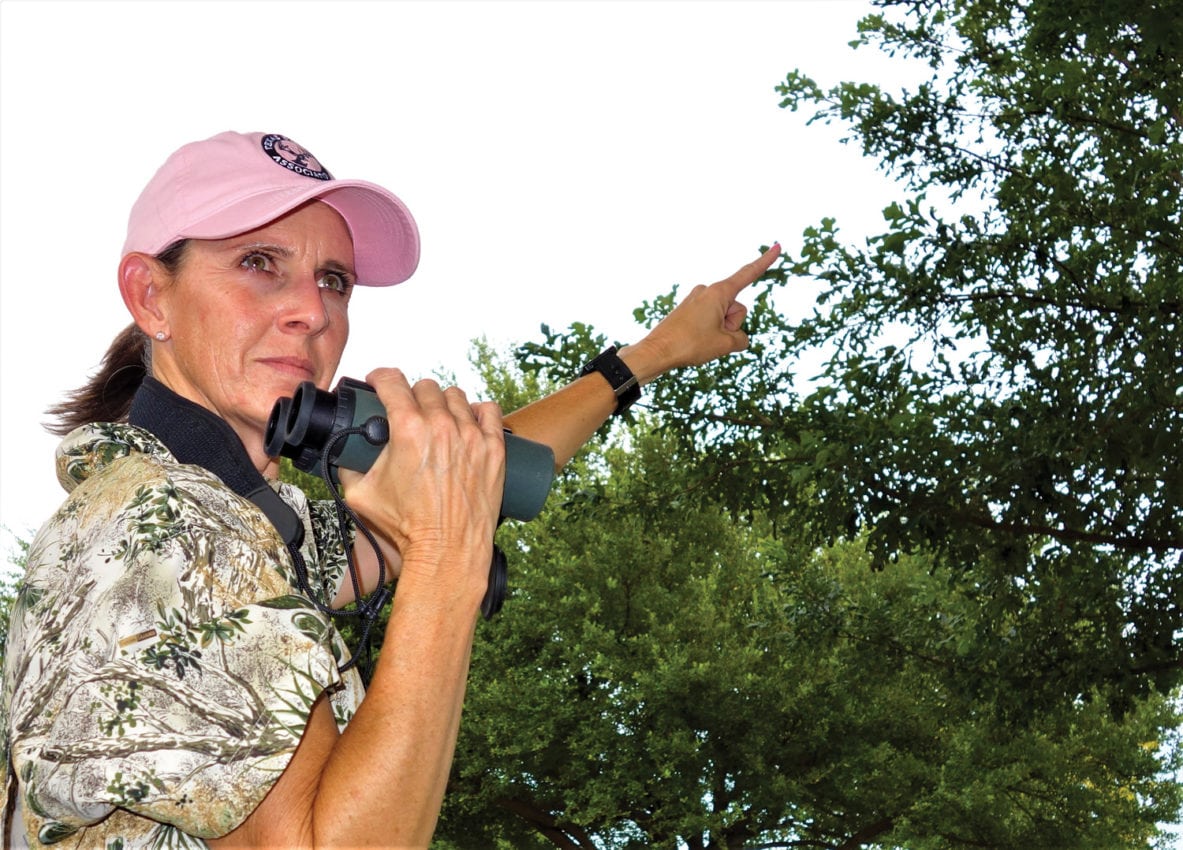
Treat it like a business
Outdoor enterprises tend to attract proprietors who get into the business to simply gain a fix for their own pleasure. Though there’s something to be said for a person’s vocation and avocation being one-in-the-same, this can and often does lead to people getting into these type of businesses for the wrong reason. Consequently, these wildlife-based trades can lead to lack of professionalism, characterized by sloppy business practices at best, and in some cases, may even be placing their clients’ well-being at risk.
Like other objective business ventures, wildlife-based recreational enterprises should be founded on a solid business plan. Such business plans should include various features such as basic financial tools and cash management plans; resource (natural and otherwise) inventory assessments; risk managements strategies, marketing plans; human resource needs; customer service strategies; natural resource conservation plans, as applicable; and other planning considerations that provide a sound platform to
help ensure success.
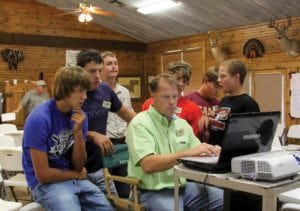
There are many possible perils in the wildlife-based recreational business. These risk exposures may include venomous snakes and bugs, lakes and rivers, sharp tools, broken terrain, influence of alcohol, ATVs, horses, food safety, elevated hunting blinds, gas leaks in cabins, gun safety, errant hooks, etc. So, it’s paramount that the proprietor approaches these matters in a serious fashion with a sound risk management plan, which include standard operational procedures which pro-actively safeguard against such risks. As an additional hedge, the proprietor should have appropriate insurance and rely on reasonably written release of liability documents.
As my mentor and veteran outdoor entrepreneur, Dick Laros, used to remind me as long ago as almost 30 years ago and up until the time that he passed away a few years ago, “There’s no business like the hunting business,” and I’ve learned to have a great deal of appreciation for that philosophy. I could write a thesis on this one topic, and rather than elaborate now in detail, let me simply say that there are many unique and frustrating challenges that lurk in this business. Nature is adept at throwing curve balls, while man is often not well-prepared at hitting those pitches. You take a multi-day program where you are providing lodging, meals, guides, safety measures, dealing with unpredictable weather and unpredictable wildlife activity, inept client capabilities, testy personalities, bad luck, and varied expectations, these combinations of things create some challenges that will sometimes test one’s patience and resolve. So, be prepared to be adaptive, with a willingness to use the “F” word on a regular basis; “F” for flexibility! And, very importantly, focus on the things that you can control. Most importantly, as a wildlife-based proprietor, treat your venture as a business, as opposed to a hobby.
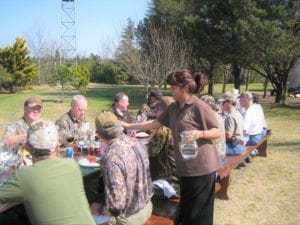
Treat it with love and respect
Also, please understand that proprietors and tradesmen who are working in the wildlife-based recreational business, should take it upon themselves to be stewards of the natural resources that are part of their bailiwick. They should approach the use of these resources with a conservation-minded approach, while also serving as ambassadors for hunting, fishing, and outdoor recreation. Fish, wildlife, and the great outdoors are true treasures of this country that should never be taken for granted. Also, the fish and wildlife of the U.S. are largely classified a public trust resource, meaning we all have a dog in the fight when it comes to the sustainable health of these precious resources. These natural pleasures are here today for our benefit, but even more importantly, it’s our civic duties to ensure that these resources are perpetuated for the benefit of future generations, as well.
Have your own wildlife business-related question? Ask Greg here!
